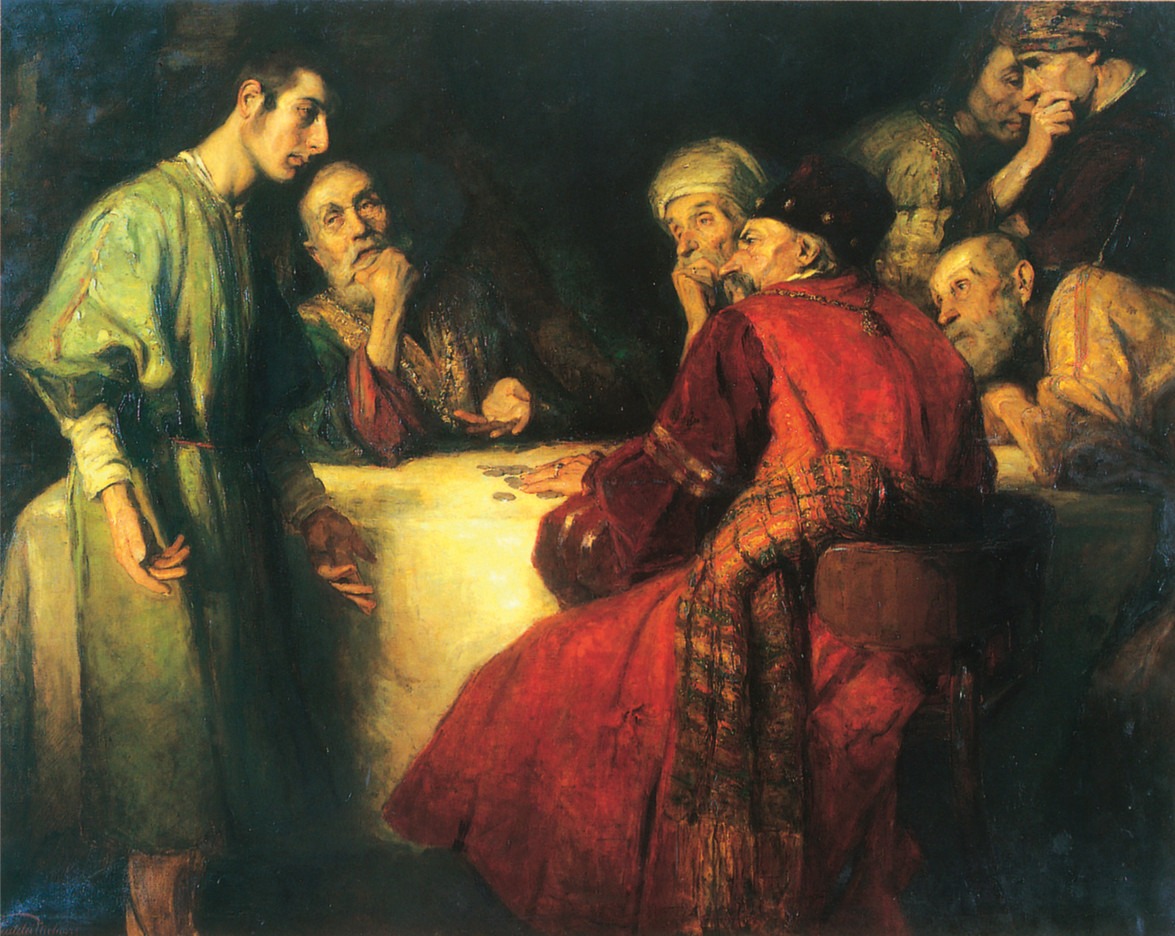Wednesday of Holy Week
Reading I: Isaiah 50:4–9a
Psalm: 69:8–10, 21–22, 31, 33–34
Gospel: Matthew 26:14–25
Have you ever stopped and wondered why Judas did what he did? Perhaps he was so filled with greed that he opted to betray Jesus purely for the sake of the thirty pieces of silver. We do know from elsewhere in the Gospels that Judas had an unhealthy relationship with money. But even though thirty pieces of silver was a substantial amount, it wasn’t a life-changing sum. Perhaps a third of a year’s wages at most.
Nor can one reduce his motives solely to the influence of the demonic since the Scriptures suggest that it was only after he had already betrayed Jesus in his heart that the devil entered him. One wonders, then, if there is some deeper explanation for why Judas ultimately chose to carry out the greatest crime a human being could ever commit.
One explanation is that the real reason for Judas’s betrayal is that he had lost patience with Jesus and he believed the time had come to act. Having witnessed the triumphal entry into Jerusalem, Judas truly believed that Jesus was the Messiah, but he was frustrated by inaction. He couldn’t understand why Jesus seemed so unwilling to finally make his move and overthrow the Romans.
According to this theory, although Judas’s heart had already been corrupted by vice, the thirty silver coins were not his primary motive for the betrayal. Rather, his primary motive was his belief that if no one else was going to take action, then he would have to be the one to do it. If he simply turned Jesus over to the authorities, then at last Jesus would be forced to reveal His true power and to vanquish His enemies!
This was true, of course, but not in the way Judas imagined. Ultimately we do not know exactly what led Judas to make his decision, but whatever the case may be, we should view his tragic story as a reminder that true discipleship requires realizing that God’s ways are not always our ways. Let us pray for the grace to conform ourselves entirely to the will of God, no matter how challenging that may be.
Do I trust totally in God’s plan for my life?
Am I still prone at times to prioritizing my own values, plans, and desires ahead of God’s?
Reference:
Journey Through Lent: Reflections on the Daily Mass Readings by Clement Harrold


No responses yet